Description
Fuel Additives: Do They Really Boost Performance and Save You Money?
For years, fuel additives have been a staple on automotive store shelves, promising everything from increased fuel economy to boosted horsepower and cleaner engines. But with so many products on the market claiming incredible benefits, it’s natural to wonder: do fuel additives actually work, or are they just another marketing gimmick?
What are Fuel Additives?
Fuel additives are chemicals designed to be added to your fuel tank to improve various aspects of engine performance, fuel efficiency, and overall engine health. They come in a variety of forms, including liquids, tablets, and powders, each targeting specific issues.
Common Types of Fuel Additives and Their Claims:
- Fuel Injector Cleaners: These are arguably the most popular type of fuel additive. They claim to clean deposits from fuel injectors, improving fuel atomization and restoring lost performance.
- Octane Boosters: Designed for use in high-performance vehicles, octane boosters aim to increase the fuel’s octane rating, reducing engine knocking and potentially increasing horsepower.
- Fuel Stabilizers: Primarily used for seasonal storage of vehicles (like boats or motorcycles), fuel stabilizers prevent fuel degradation and gum formation during periods of inactivity.
- Fuel System Cleaners: These aim to clean the entire fuel system, from the fuel tank to the combustion chamber, removing deposits and improving overall fuel delivery.
- Water Removers: These additives help to absorb and remove water that may have entered the fuel system, preventing corrosion and improving engine performance.
Do They Live Up to the Hype?
The effectiveness of fuel additives is a widely debated topic. Here’s a breakdown of what the science says:
- Fuel Injector Cleaners: In some cases, fuel injector cleaners can indeed improve fuel economy and restore lost performance. The key is to use a cleaner formulated for your specific engine type and to follow the instructions carefully. Vehicles with older or heavily soiled injectors may see more noticeable improvements.
- Octane Boosters: While some octane boosters can slightly increase the octane rating of your fuel, the increase is often minimal and may not be noticeable in most vehicles. Unless your car specifically requires premium fuel due to a high-performance engine, you likely won’t see any significant benefits.
- Fuel Stabilizers: These are generally considered effective for preventing fuel degradation during storage. If you plan on storing a vehicle for an extended period, using a fuel stabilizer is a wise investment.
- Fuel System Cleaners: The effectiveness of these cleaners can vary. Some may provide a slight improvement in fuel economy and engine performance, while others may offer little to no benefit. Look for products from reputable brands with positive reviews.
- Water Removers: These can be helpful in preventing corrosion and improving engine performance, especially if you suspect water contamination in your fuel tank.
Important Considerations:
- Quality Matters: Not all fuel additives are created equal. Opt for products from reputable brands that have been tested and proven to be effective.
- Read the Instructions: Always follow the manufacturer’s instructions carefully. Using too much additive can be detrimental to your engine.
- Regular Maintenance is Key: Fuel additives are not a substitute for routine maintenance. Regular oil changes, air filter replacements, and other maintenance tasks are crucial for maintaining optimal engine performance.
- Check Your Vehicle’s Manual: Some manufacturers explicitly warn against the use of certain fuel additives, as they may damage your engine or void your warranty. Always consult your vehicle’s owner’s manual before using any fuel additive.
The Bottom Line:
Fuel additives can be beneficial in certain situations, such as cleaning fuel injectors, stabilizing fuel for storage, or removing water from the fuel system. However, they are not a miracle cure for engine problems and should not be relied upon as a substitute for regular maintenance. When choosing a fuel additive, do your research, select a quality product from a reputable brand, and always follow the manufacturer’s instructions. By understanding the pros and cons, you can make an informed decision about whether fuel additives are right for your vehicle.

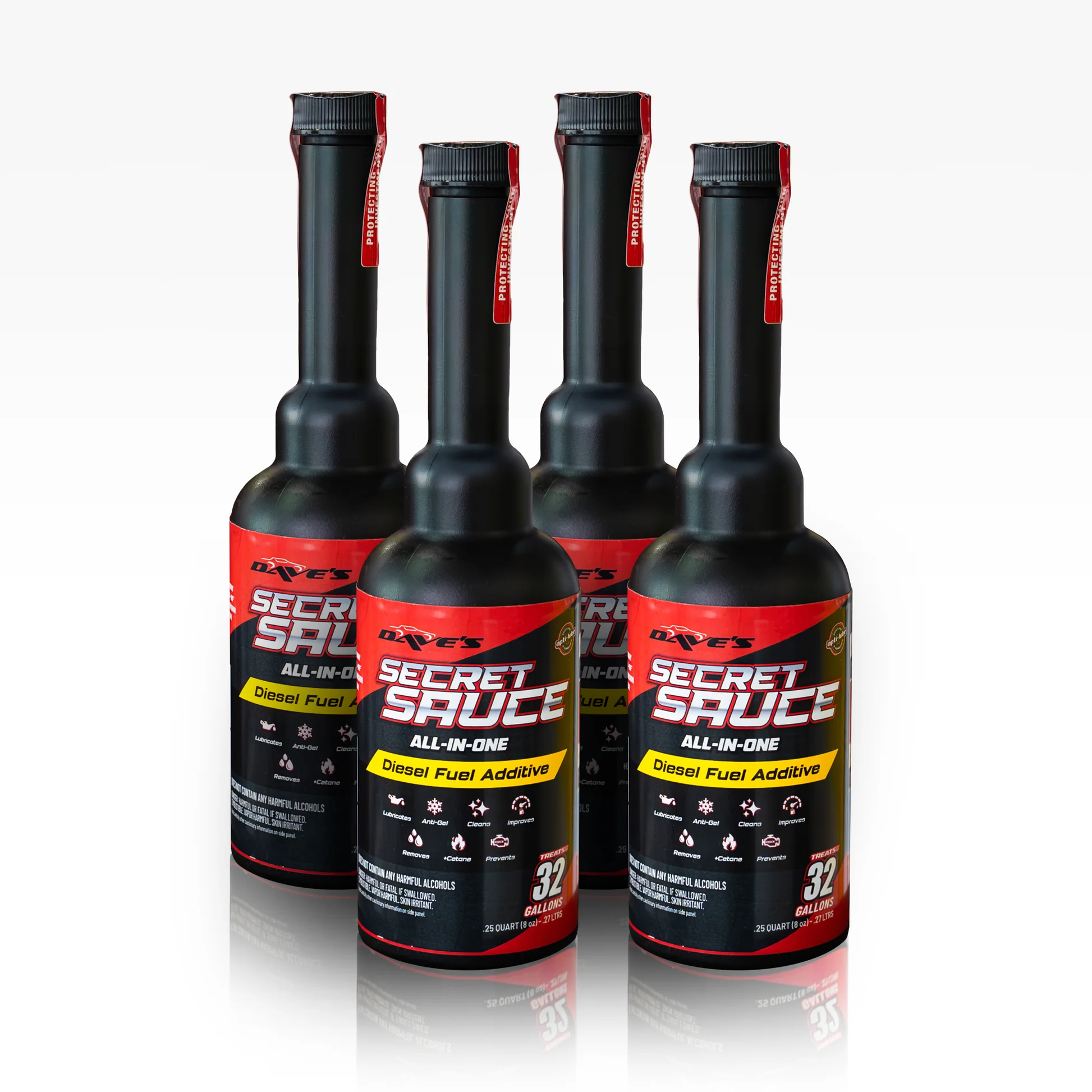


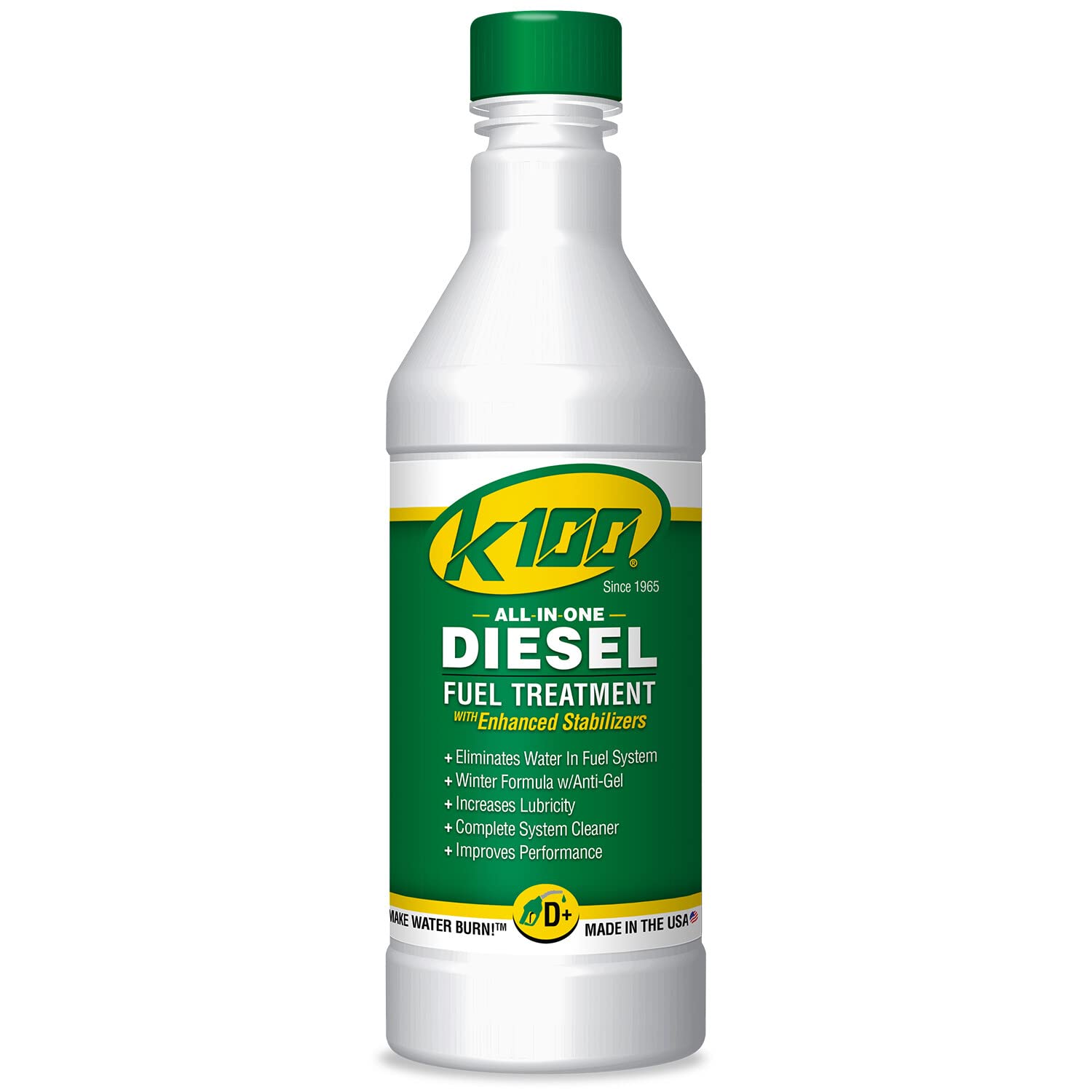

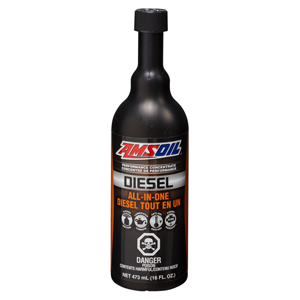
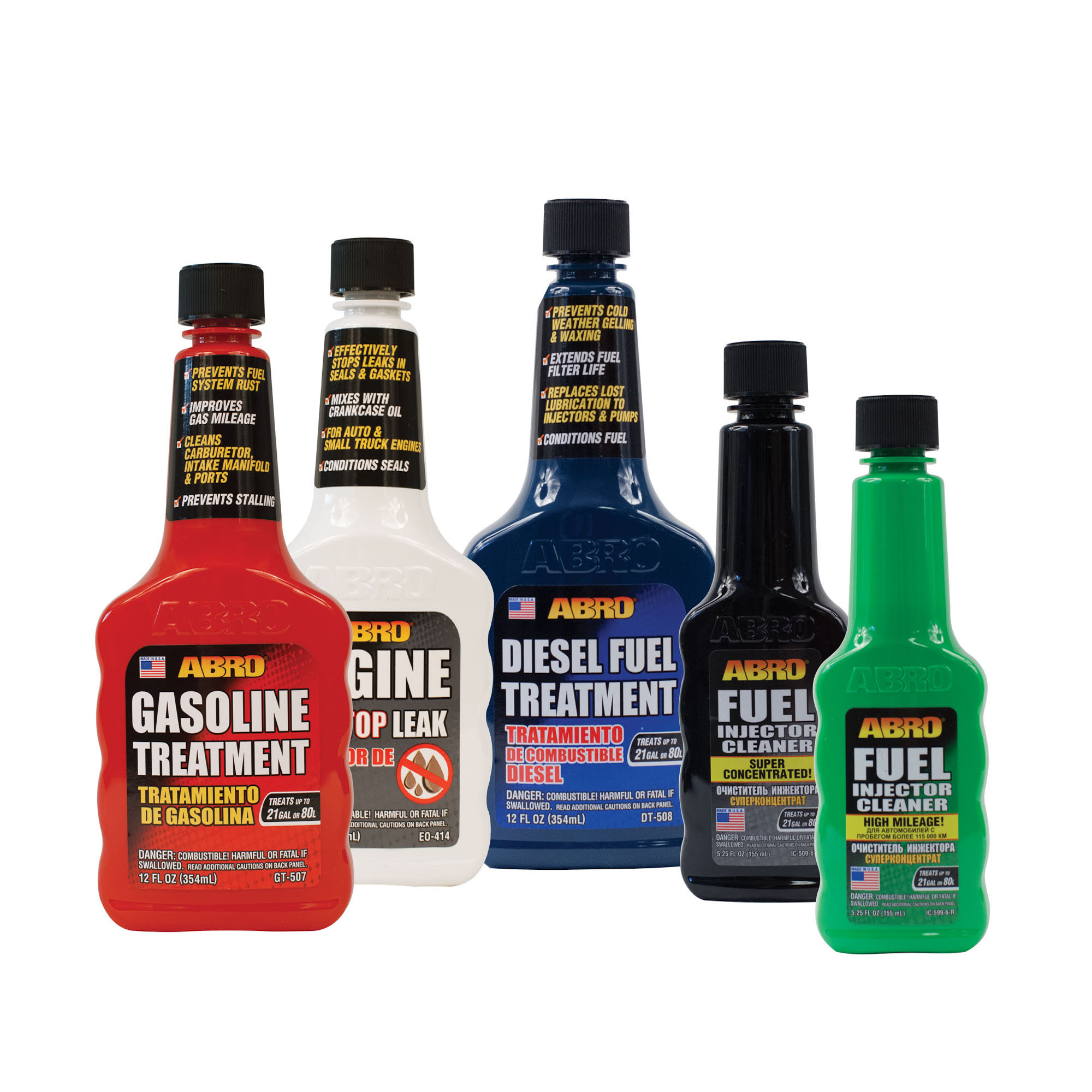
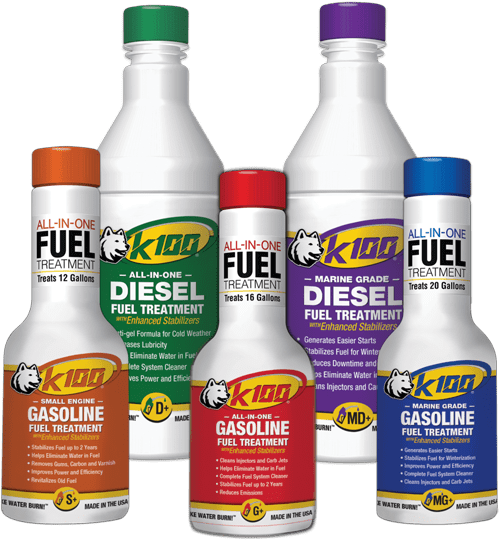
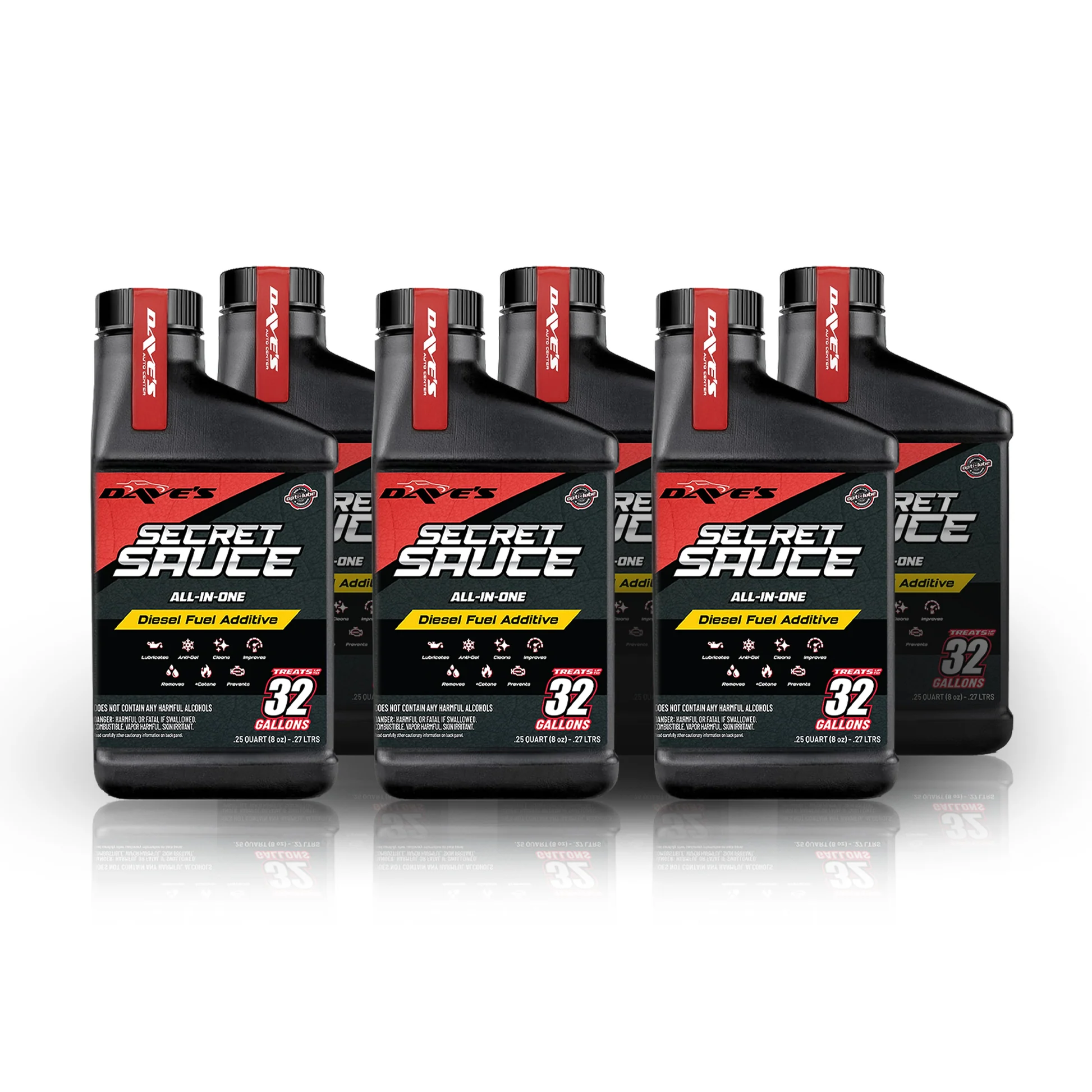
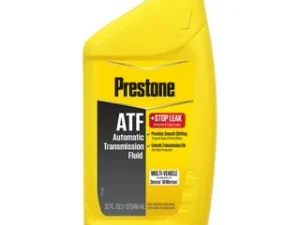


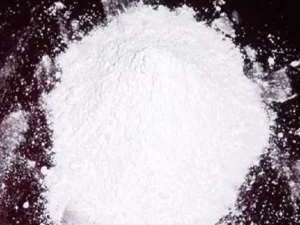
Reviews
There are no reviews yet.